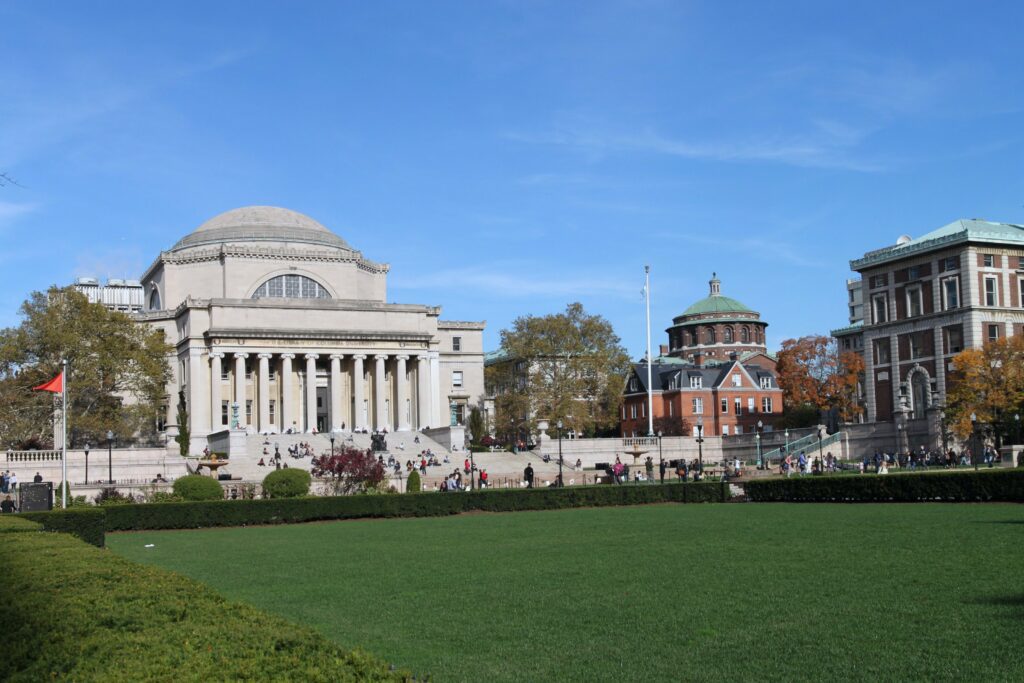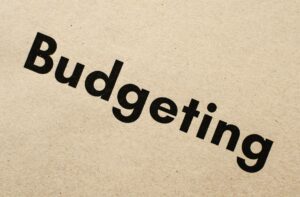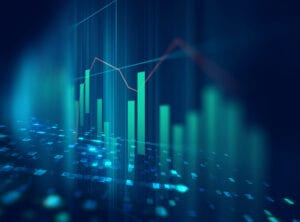How has the pandemic informed your outlook on your financial future, and what money lessons have you learned from such a high impact event?
I vividly remember Friday, March 13, 2020, just before the world entered global lockdowns due to the pandemic: it was the day that I received my acceptance to my dream Master’s program at Columbia University. I remember screaming in elation, calling my parents about the wonderful news, and then daydreaming about my imminent new life in New York where I would weave between passers-by on the sidewalk as I made my way to campus. Of course, everything came to a screeching halt in a handful of days after I received my acceptance e-mail. Like the rest of the world, I grew anxious, unsure of what the future held.
As the pandemic wore on, I became increasingly concerned for my family’s job security and in turn, my prospects as a young professional with student debt: financial markets had reached unprecedented lows, countless companies had announced bankruptcies, and news outlets constantly reported mass layoffs. There seemed to be no end in sight for bad news. My parents were never in a position to help me pay for school, but I wondered if I would need to abandon my grad school dreams and help support our family of six if the pandemic continued to ravage the economy. I also questioned whether it was foolish to borrow money for a Master’s program with $78,000 annual tuition, especially in the current economic climate. What if the jobs I hoped to secure after graduation wouldn’t be there? How would I pay off my student loans then?
Cindy C.’s Pandemic Realizations
The pandemic compelled me to become more financially responsible, especially around budgeting better and starting an emergency fund in case I encountered extreme changes to my income or expenses. In terms of budgeting, stay-at-home orders made me confront my spending on unnecessary items like take-out coffees, pedicures, and clothing. I realized I could live without these items; instead, I could put the money away for school! I also sought new ways to reduce my spending, opting to ride my bike or public transit instead of driving and paying for parking. Watching YouTube videos about “No Spend Challenges” where people would impose strict spending limits and bans on unnecessary purchases to accelerate their savings ultimately inspired me to undertake one myself. Through a tough three-month no-spend challenge, I proudly reduced my spending by 60% compared to the previous three months. I also realized I had so much to learn about the alphabet soup of financial instruments like TFSAs and RRSPs especially using them strategically to reach my emergency savings goals. To educate myself, I found blogs geared to millennial women such as Half Banked and The Financial Diet extremely informative and useful. Through their free resources for personal finance beginners like myself, I am proud of how far I have come in taking control of my finances.

Witnessing the millions of people who lost their jobs in retail, restaurants, and other businesses that relied on social experiences illustrated the precarious nature of income and job security. Accordingly, I learned that I needed to diversify my part-time jobs to limit the risk that one of them could get shut down from Covid-19, effectively jeopardizing my ability to pay for school. During the pandemic, I took on two side hustles: tutoring and working as a Research Assistant for an organization at which I previously volunteered. As an avid reader of The Financial Diet, a personal finance resource for young women, I also successfully pitched and wrote a few freelance articles for their site to make some more money. Through this combination of jobs, I was more resilient to unanticipated changes to a specific industry or role. The mass layoffs from the pandemic also taught me to diversify the career paths and job roles I am considering post-graduation, as well as the skills I hope to develop, so that I am more likely to secure a new job if I lose my job unexpectedly due to circumstances like a pandemic.
Patience is a Virtue
Of course, my most valuable money lesson from the pandemic is to have patience. While it may have been tempting to react immediately to changing circumstances, such as pulling money out of investments as financial markets dropped in March 2020, being patient pays incredible dividends. As much as I was excited to start a new chapter of my life in a new city, I decided to defer school from September 2020 to September 2021. That way I could work and save more money to reduce the size of my student loan, as well as observe potential improvements in the Covid-19 situation like a breakthrough vaccine. Alternatively, if the pandemic and economy worsened, I could focus on working to support my family and abandon my grad school dreams out of necessity. Learning to be patient with my personal goals and prioritizing my financial goals have now placed me in a much better financial position to begin school this September.
While my growth into a more financially literate and responsible adult was largely driven by the shock and despondence of the pandemic, it has been an invaluable learning experience and a blessing in disguise.
Learn more about our semiannual scholarship program.




